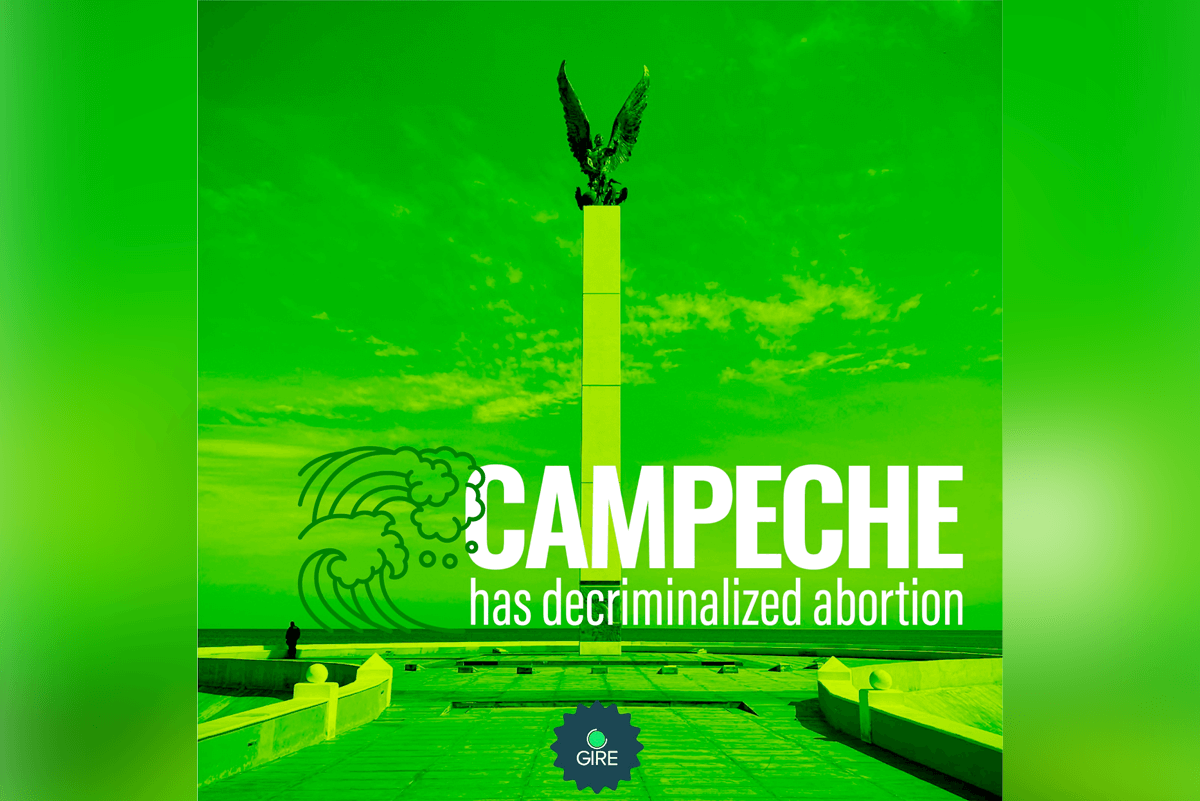
GIRE (Grupo de Información en Reproducción Elegida), Mexico, participated on 8 March again this year and took part in demonstrations in Mexico City. Alongside colleagues and sisters, we walked, shouted out slogans, and danced to demand reproductive rights across Mexico. The demonstrations and subsequent events energized us to continue our daily work to defend and protect reproductive justice.
At the end of January 2025, the Fifth District Court of Administrative Matters of Jalisco ruled in our favour in an amparo against local health authorities who were not implementing the NOM-046-SSA2-2005, a Mexican norm that ensures access to abortion for victims of sexual violence. Months before that, we had accompanied a case in Jalisco in which the health authorities admitted that they did not have trained non-objecting doctors or the infrastructure to perform abortions. This does not comply with NOM-046 and constitutes a violation of human rights. Faced with this situation, we filed an amparo against the local authorities. In the ruling, the District Court ordered the Jalisco public health institutions to prove that they have a protocol for abortions after 24 weeks of pregnancy, that they have the required infrastructure to perform them, and that they have a sufficient number of non-objecting medical personnel. This judicial decision is another step towards reproductive justice by ensuring that people who have experienced sexual violence have access to comprehensive care in reparation.
To learn more about this case, please read “Aborto por violación sin límites” (Abortion on the grounds of rape without limits, in English) by Daniela Rivera, junior lawyer at GIRE.
On 24 February 2025, in Campeche, the local Congress approved the decriminalization of elective abortion during the first 12 weeks of pregnancy by 31 votes out of 35. The Campeche Human Rights Commission presented the bill, citing recent precedents from the Supreme Court of Justice. We are pleased that yet another Mexican state will now be protecting reproductive autonomy. And we celebrate the hard work of the collectives and activist networks who were working hard, pursuing this legal reform.
GIRE has also organized and participated in events to inform the public debate on reproductive justice. The first was the Seminar “Análisis del Caso Beatriz vs. El Salvador” (Analysis of the Beatriz vs. El Salvador case, in English), coordinated by Leticia Bonifaz and which took place at UNAM on February 19. We discussed the opportunities and challenges of promoting reproductive rights at the regional level with the retired Justice Luis María Aguilar, the former Commissioner of the IACHR Julissa Mantilla, Estefanía Vela, and Silvia Serrano.
Then, on March 12, we participated in “Por el derecho a decidir en Guanajuato” (For the right to choose in Guanajuato, in English). Seven local organizations convened this event in the context of two bills that had been introduced to decriminalize abortion in the state. In this context, Fernanda Castro, Social Advocacy Officer, shared the recent normative advances and clarified frequent doubts regarding the different regulatory models.
SOURCE: GIRE Newsletter, by Rebecca Ramos, E-mail: 31 March 2025



